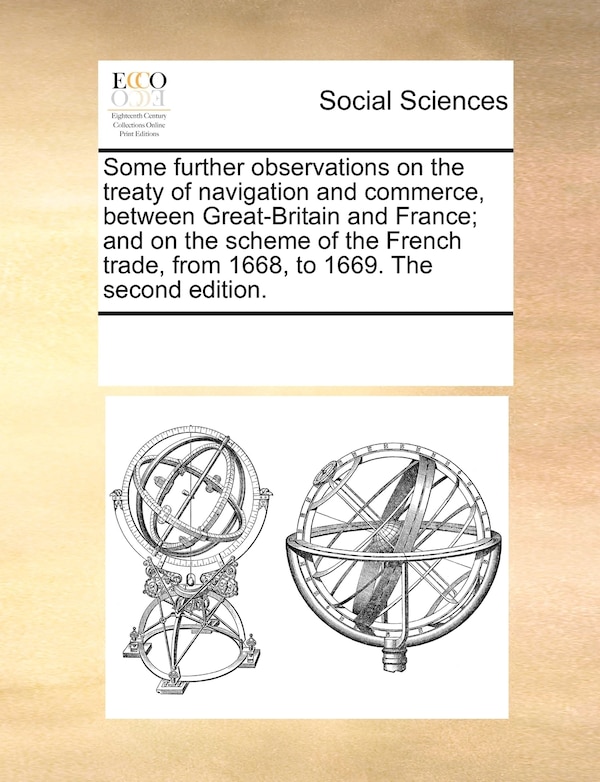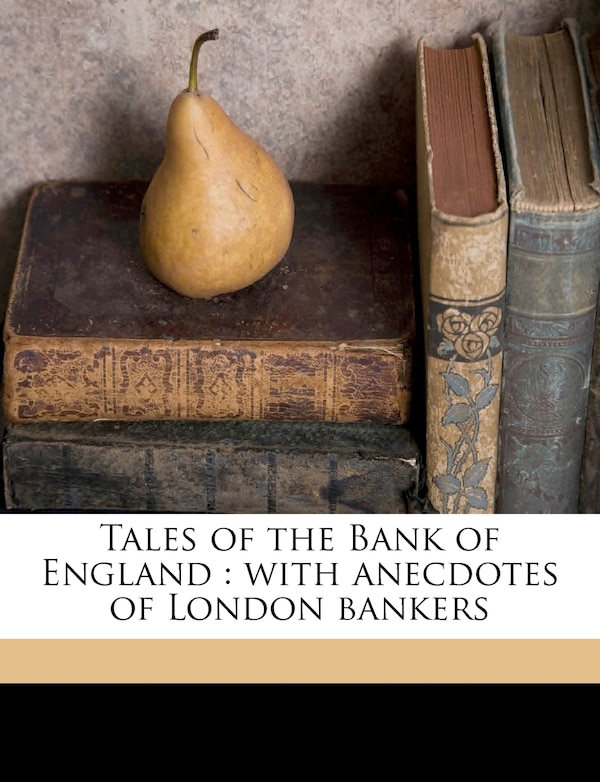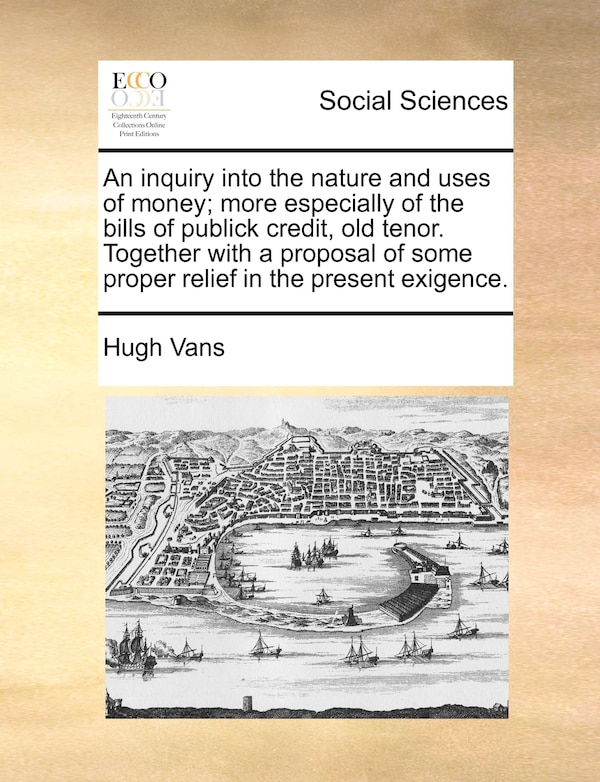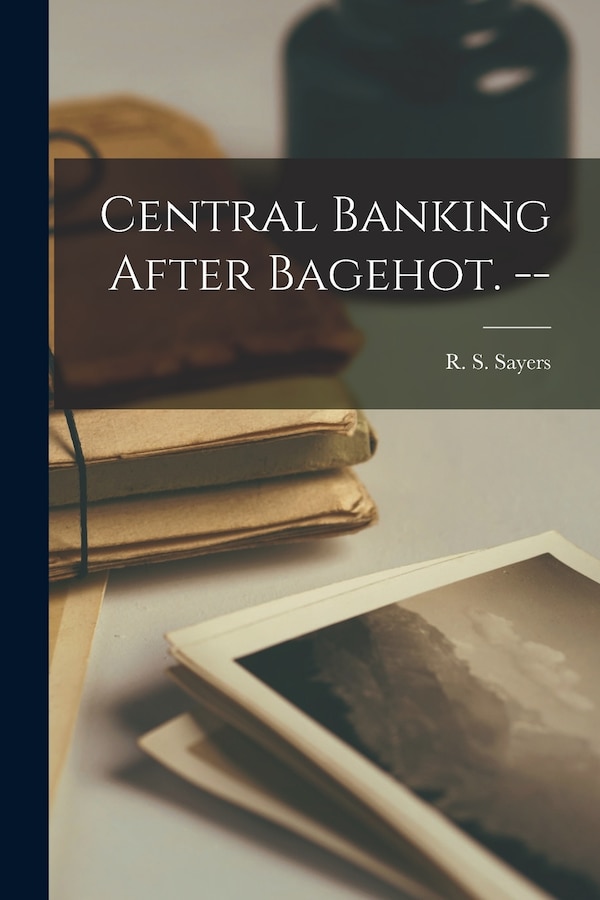Home
Observations On The Establishment Of The Bank Of England And On The Paper Circulation Of The Country. By Sir Francis Baring Bart. Second
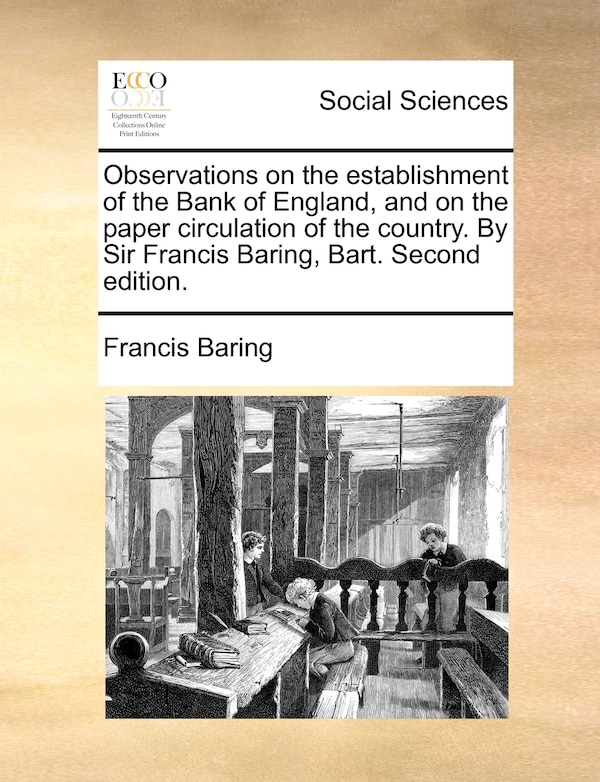
Coles
Observations On The Establishment Of The Bank Of England And On The Paper Circulation Of The Country. By Sir Francis Baring Bart. Second
From Francis Baring
Current price: $24.50
Loading Inventory...
Size: 0.19 x 7.44 x 0.4
*Product information may vary - to confirm product availability, pricing, and additional information please contact Coles
The 18th century was a wealth of knowledge, exploration and rapidly growing technology and expanding record-keeping made possible by advances in the printing press. In its determination to preserve the century of revolution, Gale initiated a revolution of its own: digitization of epic proportions to preserve these invaluable works in the largest archive of its kind. Now for the first time these high-quality digital copies of original 18th century manuscripts are available in print, making them highly accessible to libraries, undergraduate students, and independent scholars. Delve into what it was like to live during the eighteenth century by reading the first-hand accounts of everyday people, including city dwellers and farmers, businessmen and bankers, artisans and merchants, artists and their patrons, politicians and their constituents. Original texts make the American, French, and Industrial revolutions vividly contemporary.++++The below data was compiled from various identification fields in the bibliographic record of this title. This data is provided as an additional tool in helping to insure edition identification: ++++British LibraryT090318With a half-title and a final leaf containing a note explaining that: "the declaration made to the Court of Proprietors .. 17th November, renders any further addition for the present unnecessary.."London: printed at the Minerva-Press, for Sewell, Cornhill, and Debrett, 1797. 4],81, 3]p.; 8 | Observations On The Establishment Of The Bank Of England And On The Paper Circulation Of The Country. By Sir Francis Baring Bart. Second



![Observations On The Publick Affairs Of Great-britain. With Some Toughts [sic] On The Treaty Concluded And Signed (on What Terms God Knows)](https://dynamic.indigoimages.ca/books/9781171471165.jpg?scaleup=true&width=600&quality=85&lang=en)
